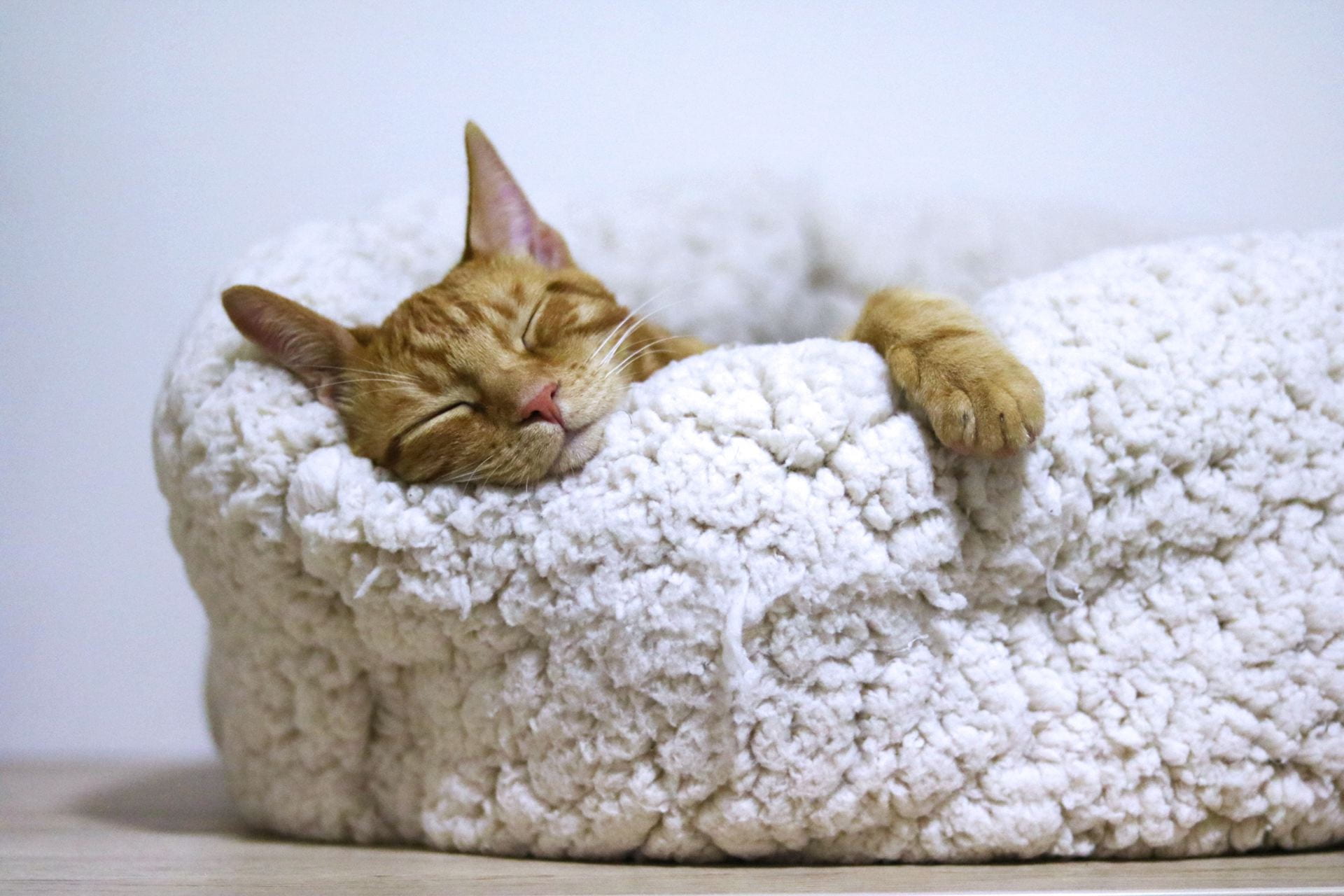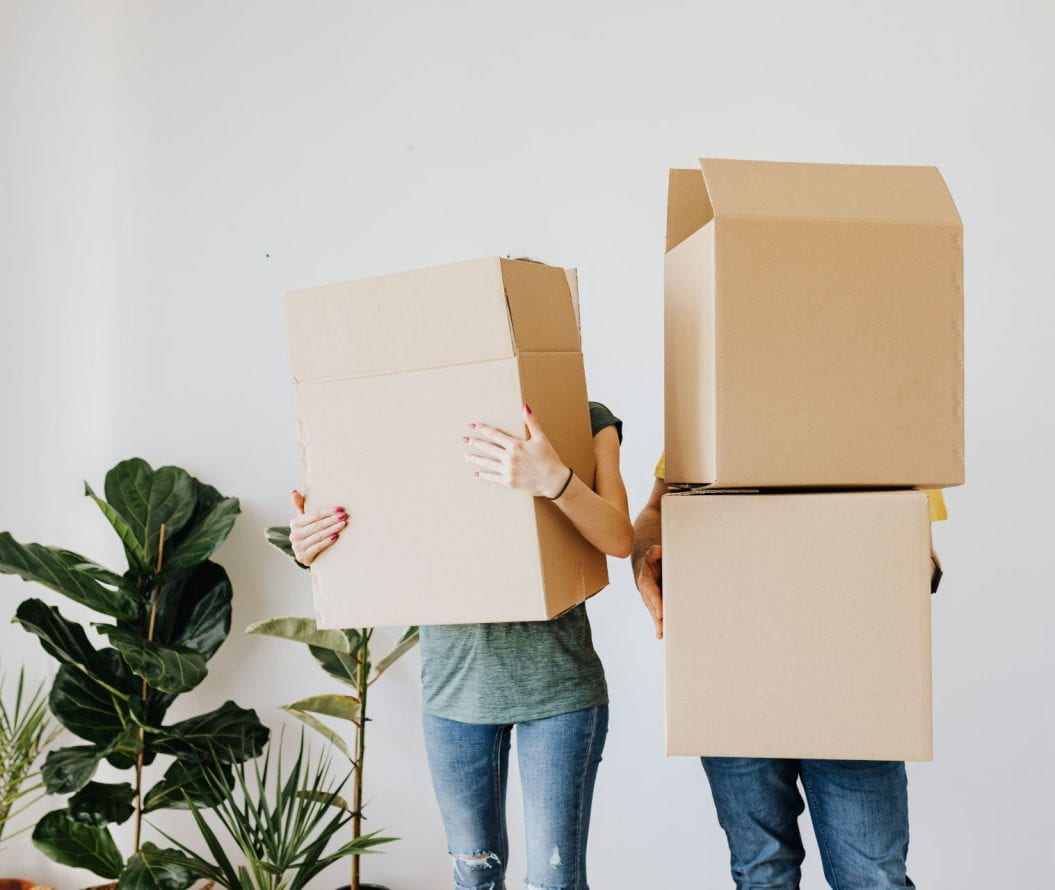Hi, I'm a first year music student with a passion for writing, acting and all things Marvel! I'm a member of both the Creative Writing, and Comedy societies and would love to write a musical one day.

Falling asleep: my routine
June 6, 2021,
read.
This article is more than 3 years old
I am one of those people who cannot seem to fall asleep. I’ve tried meditating, writing down my thoughts before bed and even the good old ‘counting sheep’ technique. With deadline season looming, I thought “it’s time to get serious”, so I developed a routine that has helped me finally fall asleep quicker, and stay that way for longer! Hopefully my findings can help you get the rest you’ve been looking for!
Why a Routine?
Human brains love patterns. It is, after all, how we survived as hunter-gathers (last time I ate this berry, it made me sick… I’m not going to eat this berry again, for example). Because of this, it’s easier to get your brain to relax when it is experiencing a well-known routine. This is perhaps why a lot of us find it easier to sleep in the homes we grew up in: familiarity. Unfortunately, this means it’s not always a quick-fix. But once you have developed a specific bedtime routine, you’ll be amazed at how relaxed you become.
My Personal Routine
Lighting
First of all, I dim the lighting in my bedroom at least half an hour before actually trying to fall asleep. You’ve probably heard about phone screens tricking your brain into thinking it’s early dawn (the light signature our eyes pick up at sunrise is similar to the brightness from phone screens), but similar can be said about any artificial light. Try using lamps (particular ones with an orange/dull yellow colour), fairy lights or candles (although ensure this is permitted in your housing) to reduce the level of light your eyes are exposed to before bed.
Music and sound
Lots of people find it easier to fall asleep to ‘natural’ sounds, like rain, crackling fire, or breeze. I have personally never found this to be the case, but it may help you so it’s worth a try! There are plenty of 10-hour long videos of sound to aid sleep on YouTube (although be aware that adverts have become increasingly frequent and rather annoying), and other platforms. Some find it easier to fall asleep to podcasts, and there are plenty of these available on Spotify, Apple Podcasts, as well as specific podcast-apps. Personally, I prefer to listen to music during my bedtime routine. As such, I created my own private playlist of songs that I have found specifically relax my brain, and I play this on a low volume (without headphones) in the background about half an hour before bed.
Occasionally, if I can sense my brain still whirring when it’s time to sleep, I’ll play “Over My Shoulder” by MIKA, as this song just seems to relax me. I recommend having at least one song or piece of music that you only ever play at bedtime, as your brain can form a connection between that song and sleep.
Showers and temperature
This may seem counter-intuitive, but the body falls asleep easiest at colder temperatures. This is why humid weather often causes the worst nights sleep! To take advantage of this, I take a hot shower before bed, which helps heat dissipate from the body. Additionally, I rarely put the radiator on, and always wear light pyjamas. Although it may feel slightly uncomfortable at first, it is far better to be on the cold side than the warm.
If all else fails…
If you are not at all relaxed, and feel as though it’s the middle of the day, it’s best to get up and do a relaxing activity (colouring, reading, drawing) until you feel drowsy.
If it is crucial you get enough sleep, however, it may be worth practicing the same technique that the Navy allegedly use! Start by breathing in and out, deeply. Then you’re going to systematically relax each muscle in your body, starting at the top. Tense and release your eyes, cheeks, tongue, mouth and jaw, breathing out as you feel your muscles relax. Go down your body with this same process until you almost feel like you’re floating. The next step tends to be a little tricky, at least for me. Focus on getting your mind into a meditative state, allowing thoughts about your day to just fly past your attention. If it helps, visualise these thoughts or worries as leaves drifting past your window, not taking up your headspace. Either focus on your breathing, or visualise yourself in a relaxing situation.
This won’t be a quick-fix on the first night, but with consistent practice it can help with falling asleep.
Hopefully you can take something from the routine I’ve developed. If nothing else, at least have some semblance of a routine you can follow.
- Topics
- De-stress
- Mental health
- Sleep
- Stress




